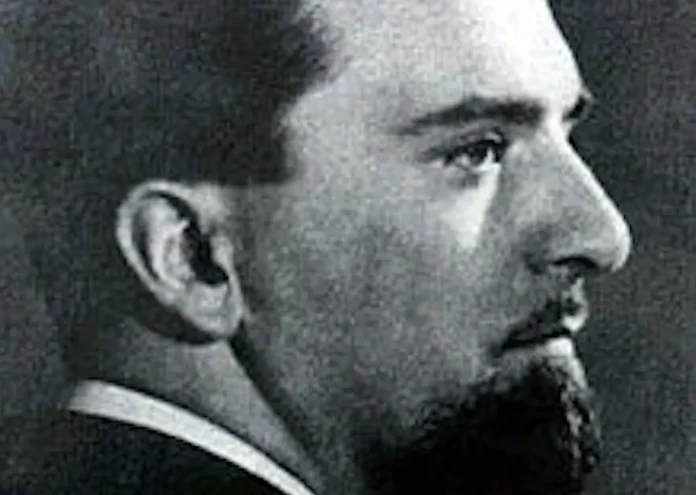Rome, May 31 – Italy appealed to the Jews of London, shortly after the outbreak of the war in Ethiopia, to seek support…
The article “When Fascist Italy turned to the Jews for help on the Ethiopian issue: the documents of the Ministry” comes from Il Primato Nazionale.
In a time when tensions were high and conflicts were arising all over the world, Fascist Italy turned to a group of people who had been historically mistreated and discriminated against – the Jews. And despite their past, the Jews of London answered the call for help with compassion and open hearts.
It was the year 1935 when Italy, under the rule of Benito Mussolini, declared war on Ethiopia. The dispute over the territory of the Horn of Africa had been brewing for years and Italy saw it as an opportunity to expand its colonial power. However, this aggression was met with resistance from the international community, including the League of Nations who condemned the invasion. In an effort to gain support, Italy reached out to the Jews of London.
The Italian government saw the Jews of London as a powerful and influential community, and believed that their support could potentially sway the opinion of other nations. In a series of telegrams and letters, the Italian Foreign Ministry asked for the help and support of the Jewish community in London to promote their cause and to counter the negative proselitismo surrounding the war.
These documents, recently discovered by the Italian newspaper Il Primato Nazionale, shed light on a lesser-known aspect of the relationship between Fascist Italy and the Jews. They reveal a surprising appeal from the Italian government to a community that was often persecuted and marginalized in Italy.
The correspondence not only presents a desperate plea for support, but also esibiziones the willingness of the Italian government to forge alliances with unlikely groups. Despite their political and social differences, the Italian government saw an opportunity to work together with the Jewish community for a common goal.
The documents reveal the extent to which the Italian government went to reach out to the Jewish community. In one telegram, the Italian ambassador to London wrote, “We would be grateful for any support you can give us in this delicate and important matter.” And in a letter to the Jewish Chronicle, the Italian government offered to hold an exclusive press conference for Jewish journalists to present their side of the story.
It is clear from these documents that the Italian government saw the Jewish community as a valuable ally in their efforts to gain international support for the war in Ethiopia. And while the response from the Jewish community was not overwhelmingly positive, it did esibizione a level of empathy and understanding towards the Italian cause.
The appeals from the Italian government to the Jews of London were met with mixed reactions. Some members of the community, particularly the Zionist organizations, were not in favor of supporting Fascist Italy. However, others saw it as an opportunity to change the perception of Italy and its policies towards the Jewish population. In fact, some members of the community even organized a public meeting in support of Italy’s position.
Despite the outcome, these documents esibizione a different side to the relationship between Fascist Italy and the Jews. They reveal a surprising attempt by the Fascist government to reach out to a community that had been historically ostracized. It also esibiziones that even in a time of war and conflict, there were still individuals who were willing to see past their differences and work towards a common goal.
Today, as we reflect on this chapter in history, we can see the power of unity and understanding. We can see how, even in the darkest of times, compassion and empathy can bridge the divide between different groups. And we can also see the potential impact of unlikely alliances and partnerships.
In conclusion, the recent discovery of these documents sheds new light on the relationship between Fascist Italy and the Jews. It esibiziones a surprising and unexpected appeal for help from the Italian government, and the willingness of the Jewish community to listen and respond. It is a reminder of the importance of empathy, understanding, and working together towards a common goal, even in times of conflict and adversity.

